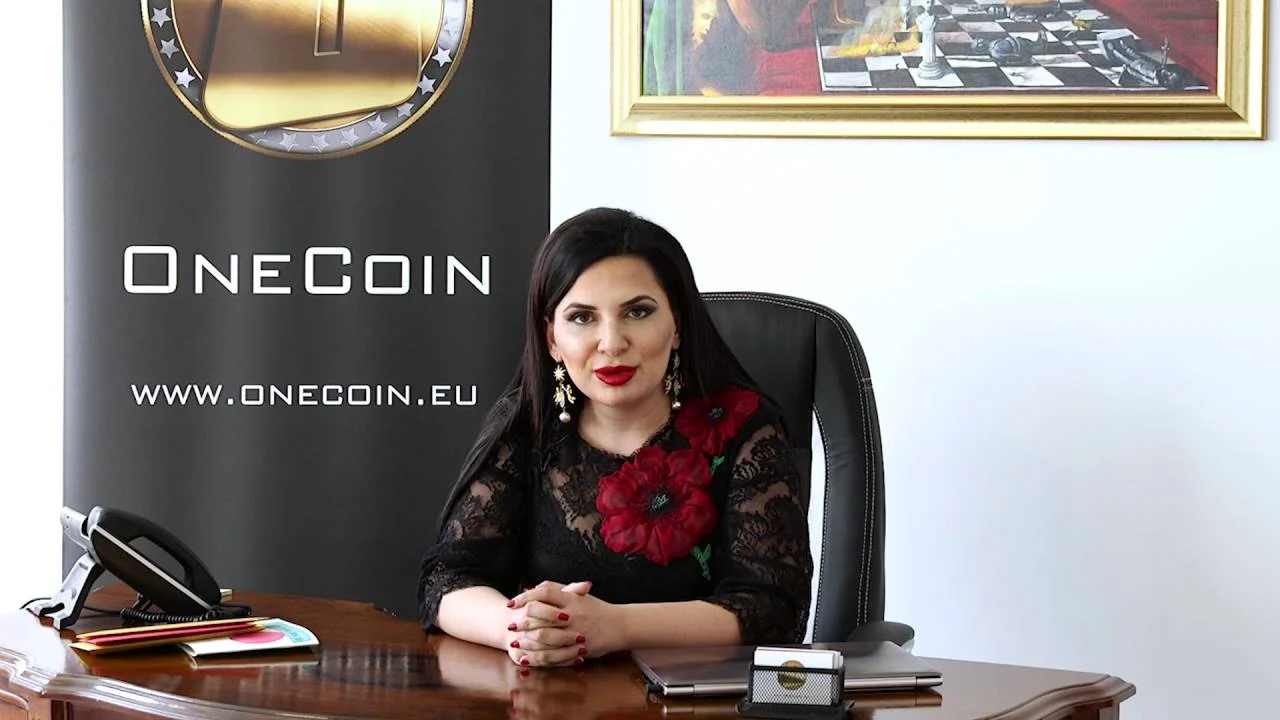The Open Network (TON) blockchain, connected to Telegram, is seeing the fastest pace of growth in Tether’s USDT supply.
One of the main reasons for USDT’s quick adoption has been attributed to the Open Network’s transactional simplicity.
As of the publication, Tether’s net circulation was $519 million, with $580 million worth of USDT tokens being issued by the blockchain’s stablecoin issuer. Less than two months have passed since Tether launched its USDT stablecoin on the network, marking this milestone.
Reasons for Tether’s USDT growth on TON
According to TON, the reason for the expansion was how simple it was to do transactions on its network. It said:
“Sending digital dollars to anyone, anywhere, as easily as sending a text message is a reality for people all over the world. What’s more real than that?”
Additionally, market observers noted that the substantial interest shown by investors in the blockchain ecosystem may be the reason behind USDT’s supply surge on TON. With the network flipping the number of daily active addresses on the more illustrious Ethereum blockchain, TON has grown significantly over the last month.
Furthermore, the biggest cryptocurrency exchange by trade volume, Binance, just made support for TON’s USDT available on its network. The availability of stablecoins on the blockchain network has dramatically increased due to this action for the cryptocurrency community.
Tether examination
Even if the TON ecosystem is growing overall while USDT is growing, a US consumer research company is closely examining Tether.
Journalist Eleanor Terret of Fox Business revealed on June 25 that Consumers Research, a US consumer advocacy organization, has stepped up its attempts to discredit the stablecoin issuer by delivering leaflets about it to the offices of various senators in Washington, DC.
Tether is accused in the flyers of having intimate ties to China, supporting terrorism, and being involved in fraud investigations. A section of the flyer says:
“Tether’s shady business practices put consumers’ money at risk, while allowing bad actors to fund their illicit activities across the globe.”
The CEO of Tether, though, recently admitted that the company may have been naive to think it “could just keep our head down, work, and if we were proving that we were doing good to the world and that we were useful, all the FUD would go away eventually, right?” The CEO also noted that the FUD against the company continues forever.



